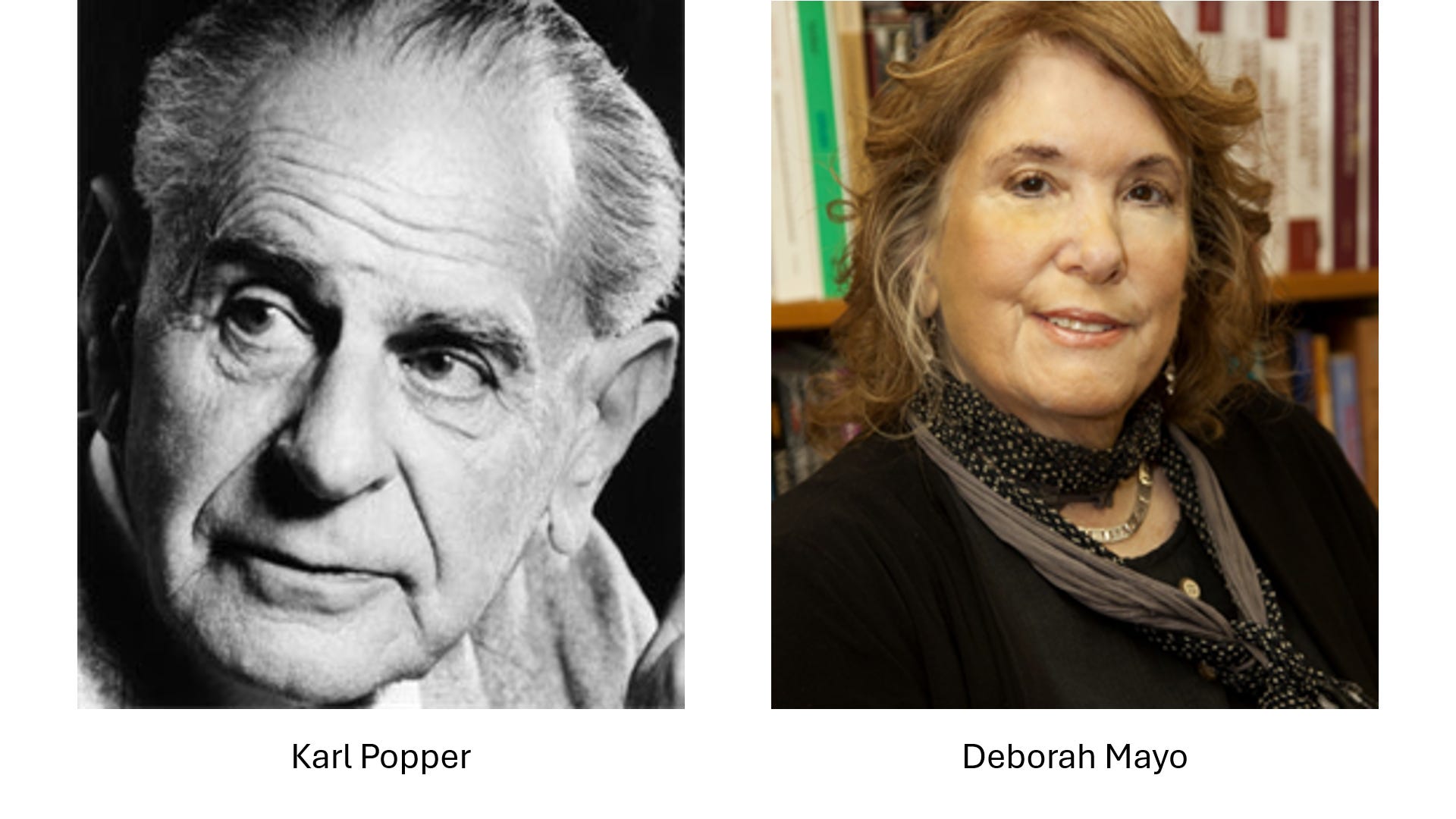
Preregistration Distinguishes Between Exploratory and Confirmatory Research? Previous justifications for preregistration have focused on the distinction between “exploratory” and “confirmatory” research. However, as I discuss in this recent presentation, this distinction faces unresolved questions. For example, the distinction does not appear to have a formal definition in either statistical theory or the philosophy of science.